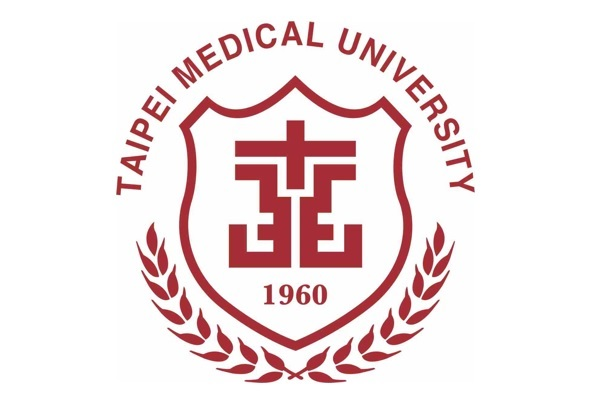KCH Lab: AI-driven and structure-based drug discovery
Research Field
Dr. Kai-Cheng Hsu obtained his Ph.D. degree under Professor Jinn-Moon Yang in 2011. He completed his post-doctoral fellowship training under Professor Jinn-Moon Yang, where he designed software and proposed novel strategies for drug design. He then completed an assistant research fellowship at the Center for Bioinformatics Research at National Chiao Tung University. Next, He joined Taipei Medical University in 2015 as an assistant professor and received a promotion to professor in 2022.
Dr. Hsu 's research interests include drug discovery and rational drug design. He developed new tools for protein-ligand docking, virtual screening, and lead optimization, such as iGEMDOCK and SiMMap. Dr. Hsu also proposed pathway-based screening strategies for multitarget inhibitors of diverse proteins in metabolic pathways and a parallel screening strategy of wild-type and drug-resistant targets for anti-resistance inhibitors. Incorporating new tools and strategies, his team has identified 60 novel inhibitors targeting various proteins. Currently, his lab focuses on designing new kinase inhibitors for cancer and neuro disorders. His team has identified novel inhibitors targeting 80 kinases, 20 of which inhibit the targeted kinases within <10 nM. His work has been published 95 papers in various SCI journals and yielded 3 patents
Academic Experience
- 2022 Professor, Taipei Medical University, Taiwan
- 2019 Associate Professor, Taipei Medical University, Taiwan
- 2015 Assistant Professor, Taipei Medical University, Taiwan
- 2013 Assistant Researcher, National Chiao Tung University, Taiwan
- 2011 Postdoctoral, National Chiao Tung University, Taiwan
Traditional small-molecule drug development requires immense financial resources and extensive time commitment. Unfortunately, these requirements are coupled with a low success rate. Establishing an artificial intelligence (AI) platform for drug design has the potential to reduce the demanding development time and cost seen in traditional drug development pipelines. Our team has developed an AI platform for drug design and discovery. The platform establishes various models targeting the four phases of drug development: (1) Hit identification; (2) Lead optimization; (3) Cytotoxicity prediction; and (4) ADME prediction. In hit identification, the platform has various models that can predict potential inhibitors for protein kinases with an average accuracy of 85%. For lead optimization, the platform designs one million compound derivatives and selects the most promising derivatives for synthesis. 12 cancer cell models have been established to predict compound cytotoxicity with an average accuracy of 90%. Finally, the platform for the ADME prediction phase can predict a compounds’ ability to pass the blood-brain barrier with an accuracy of 96%. Our platform can also predict acute toxicity, immunotoxicity, and mutagenicity with an accuracy of 83.8%, 84.2%, and 84%, respectively. Our work has yielded novel nanomolar inhibitors targeting 80 kinases, 20 of which inhibit the targeted kinases with IC50 values of <10 nM. We believe that our platform can accelerate different stages of drug development, reduce costs, and increase the success rate for new drugs.
- Structure-based drug discovery and design
- AI-driven drug design
- Kinase inhibitors
- Bioinformatics
- Cheminformatics
- 2023 Outstanding Teaching Award, College of Medical Science and Technology, Taipei Medical University, Taiwan
- 2021 Outstanding Teaching Award, College of Medical Science and Technology, Taipei Medical University, Taiwan
- 2019 Outstanding Teaching Award, Graduate Institute of Cancer Biology and Drug Discovery, College of Medical Science and Technology, Taipei Medical University, Taiwan
- 2011 Ph. D., Institute of Bioinformatics and Systems Biology, National Chiao Tung University, Taiwan
- 2007 Master, Institute of Bioinformatics, National Chiao Tung University, Taiwan
- 2005 B.S., Department of Biological Science and Technology, National Chiao Tung University, Taiwan
